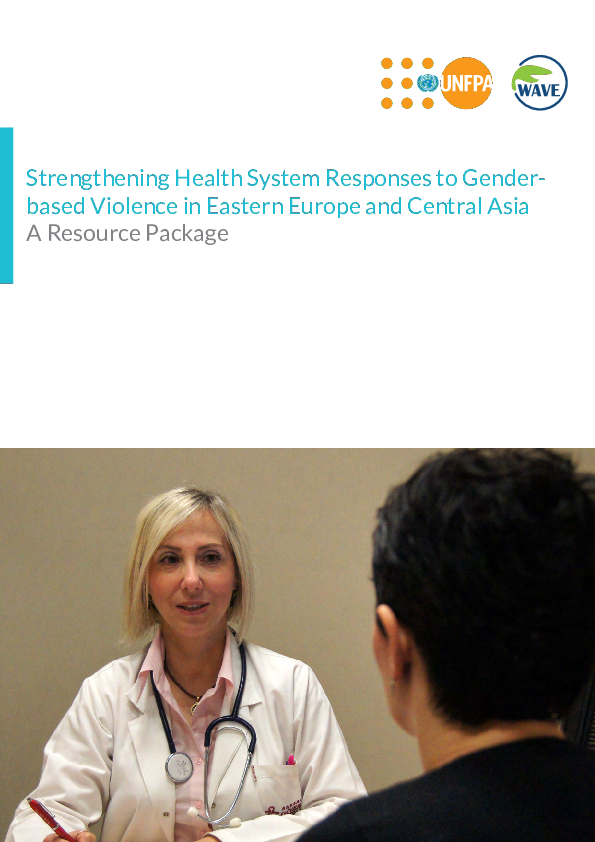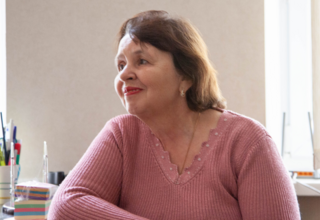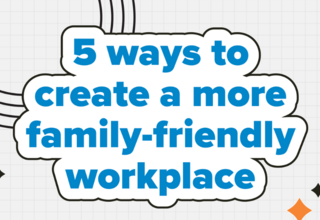Gender-based violence (GBV) against women and girls is one of the most widespread violations of human rights, with a significant impact on physical, psychological, sexual and reproductive health. According to a recent study, 25.4% of women in Europe and Central Asia have experienced physical or sexual violence by an intimate partner or sexual violence by a non-partner (WHO et al. 2013).
The health sector is a critical entry point for identifying GBV, providing medical care to women and girl survivors and referring them to other essential services, such as shelters, counselling centres, or specialized medical care. Indeed, for many survivors of violence, a visit to a health professional is the first, and sometimes only, step enabling them to access support and care. Therefore, strengthening the capacity of health care professionals to identify and support women and girls survivors of violence is crucial to the prevention of and response to GBV.
Many countries in Eastern Europe and Central Asia (EECA) have made significant progress in acknowledging the problem of GBV and taking steps to prevent and respond to the issue. While governments and health facilities have adopted policies and programmes addressing the role of the health sector, for instance through developing health protocols and guidelines or designing and implementing training programmes for health professionals, GBV is still being addressed primarily as a law enforcement concern, rather than a public health issue. In many countries, there is need to further improve the policy framework for strengthening the health systems response and to translate this framework into an institutionalized response at the level of health facilities with appropriate referral pathways, supported by adequate knowledge and skills on the part of health care providers to identify and respond to GBV.
To address these shortcomings, UNFPA, the United Nations Populations Fund Regional Office for Eastern Europe and Central Asia (EECARO) and its Implementing Partner Women Against Violence Europe (WAVE) are working together to support capacity development of health professionals in the region in order to strengthen the response of health systems to GBV. The main result of this partnership which commenced in 2011 has been the development of a resource package that offers practical guidance for health care professionals, health facility management and policy makers available at www.health-genderviolence.org. In 2013 and 2014, the package underwent a complete revision to further improve its relevance in strengthening health system responses to GBV and to update it in line with recent international developments.
Overall, the UNFPA-WAVE resource package seeks to provide health care professionals in EECA with evidence and tools to promote laws, policies and programmes, with the overall aim of achieving a comprehensive multi-sectorial response to GBV, of which the health sector is an important part.
The resource package is supplemented by a compilation of country-specific resources from the region of Eastern Europe and Central Asia. Health care professionals and policy makers are encouraged to visit this collection of resources at the “Country Info” corner at www.health-genderviolence.org. It offers useful background information that may be used to further tailor the recommendations and guidelines provided in the present package to the needs of specific country contexts.




